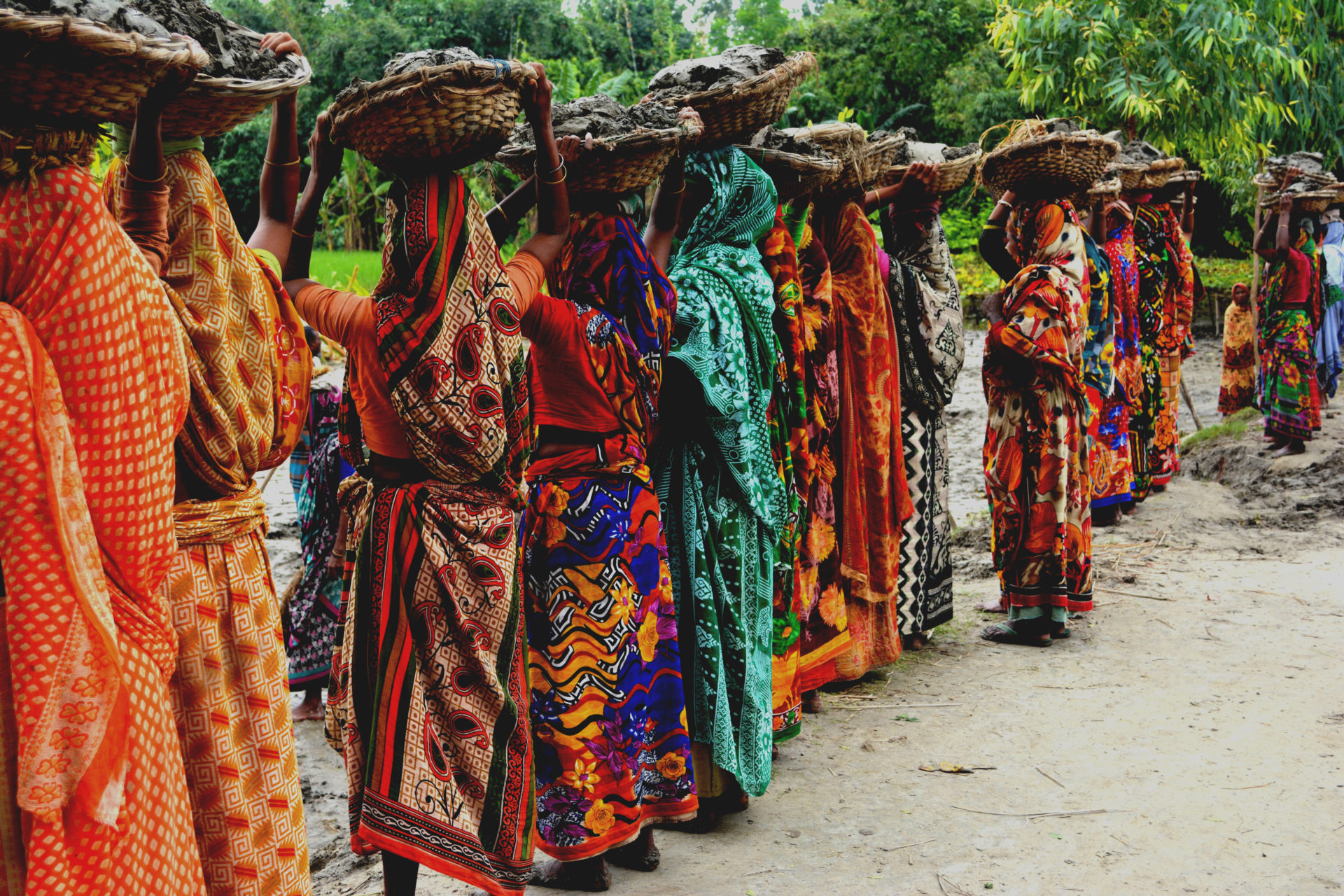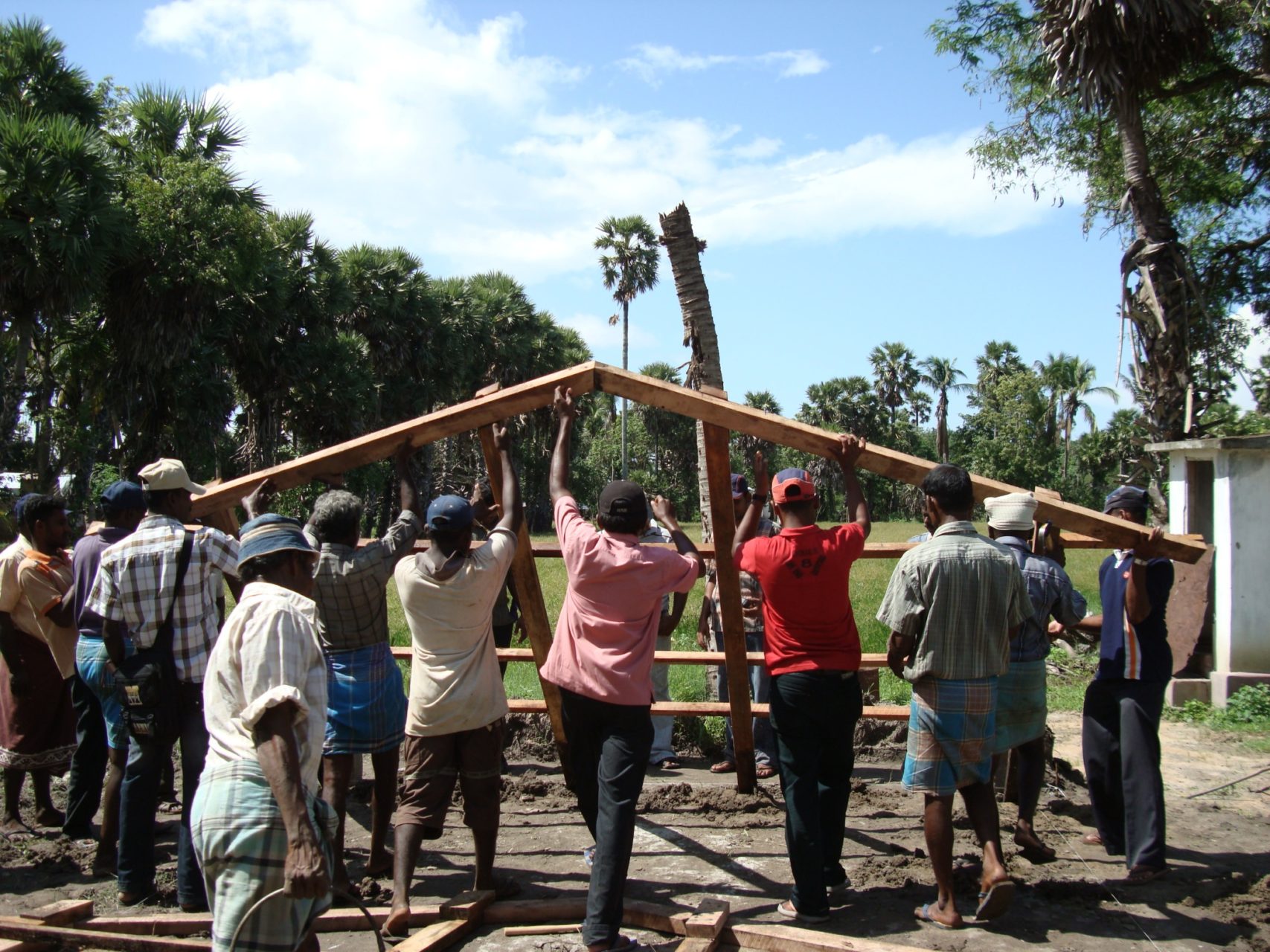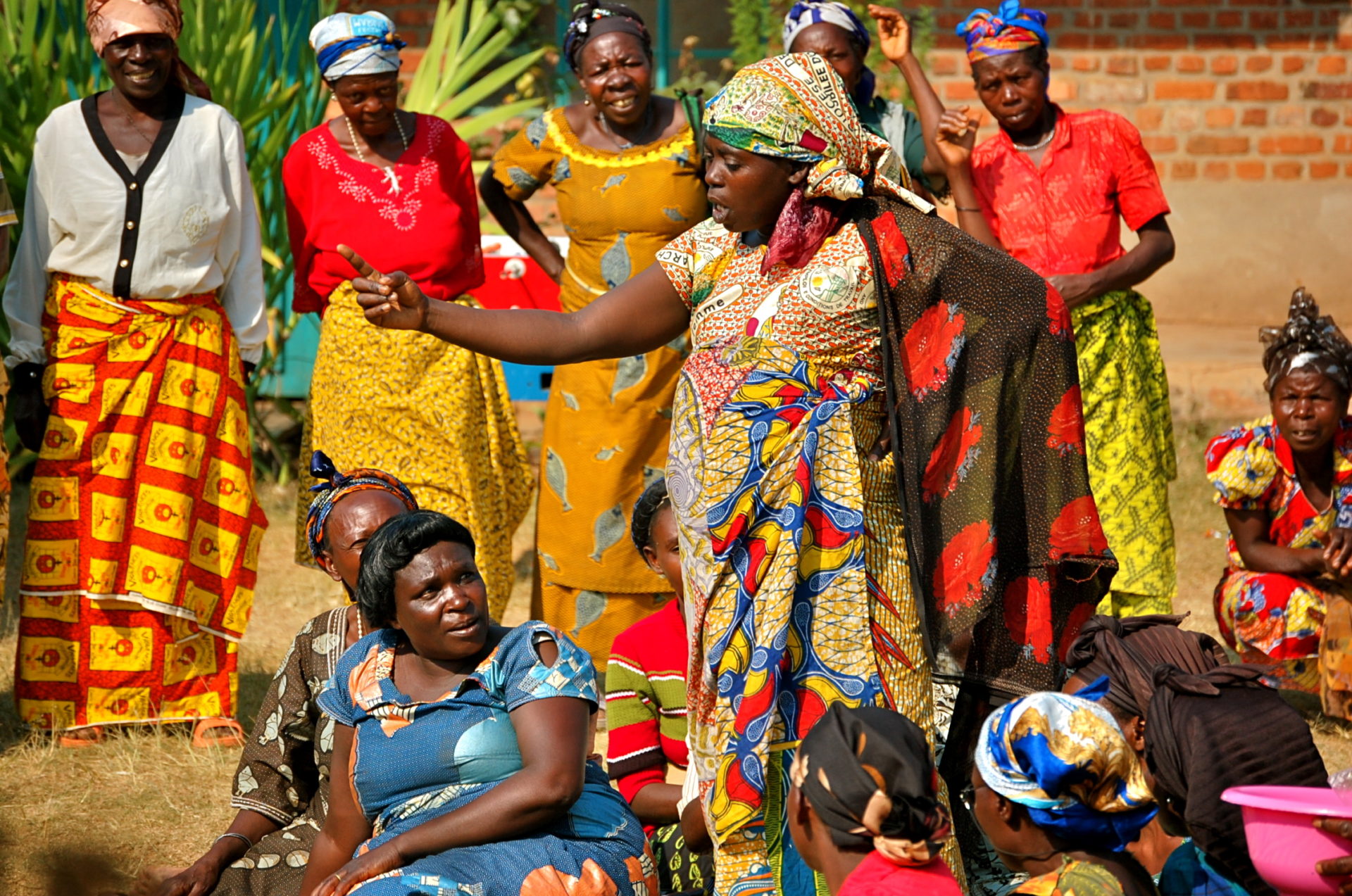
Challenges for Human Rights Defenders
Human rights defenders are people who, either individually or as a group, act to promote or protect human rights in some of the most dangerous and insecure conditions around the world. Often focusing on rights at the local or national level, human rights defenders advocate for the basic human dignity of individuals in the communities in which they work, through the advancement of civil, political, economic, and social rights. As a result, human rights defenders play a critical role in holding governments and non-state actors accountable to human rights norms and creating an enabling environment for their achievement. The international community recognized the importance of human rights defenders for over two decades with the adoption of the United Nations Declaration on Human Rights Defenders. Congress can take a strong role in reasserting the fundamental rights of human rights defenders, including association, expression, and peaceful assembly.

What are the Challenges Human Rights Defenders Face?
The current global context – characterized by increasingly repressive regimes and rising threats to human rights – has spurred attacks against human rights defenders.
Human rights defenders are met with violence and impunity.
In 2017 alone, Front Line Defenders, an organization dedicated to protecting human rights defenders, reported the murders of 312 defenders in 27 countries, with an estimated 67% of those killed involved in land, water, and climate justice advocacy. Eighty percent of these murders occurred in four countries – Brazil, Colombia, Mexico, and the Philippines – that face chronic insecurity and operate under systems of impunity. Impunity, found in many countries, fails to provide justice to victims and erodes human rights.
Human rights defenders are facing heightened criminalization for their work.
Today, regimes enact legislation that is used to target human rights defenders, such as limiting places for assembly or enacting broadly defined anti-terrorism legislation. The criminalization of human rights defenders often results in extended periods of arbitrary detention, restrictions on foreign funding to human rights organizations, and further harassment and marginalization in their societies.
How Do You Protect Human Rights Defenders?
Imposing sanctions against perpetrations of human rights violations can support defenders
The Global Magnitsky Act, in coordination with the DoS and Treasury Department, freezes the U.S. assets and visas of these individuals. Members of Congress, NGOs, DoS, and foreign governments can provide evidence for cases documenting abuses.
Supporting a robust foreign assistance package that recognizes human rights violations and human rights champions will increase the capacities of human rights defenders
Restricting military aid to countries that commit human rights abuses may be considered to assist human rights defenders. At the same time, ensuring robust funding for programs that support human rights – such as the National Endowment for Democracy; global health accounts; and the Bureau of Democracy, Rights, and Labor – can bolster the work of human rights advocates. Funding could also be programmed for good governance and strengthening transparent institutions that support human rights defenders where they work abroad.

Resources for Congressional Staff
Annual Report on Human Rights Defenders at Risk in 2017. Front-line Defenders, January 2018. Report that details the physical attacks, threats, harassment, and smear campaigns used by actors to prevent the work of HRDs across the world.
Human Rights Defenders Are A Cornerstone of Sustainable Development. Defenders in Development Campaign, November 2018. Letter to Secretary Pompeo and Secretary Mnuchin on incorporating protections for human rights defenders in development interventions.